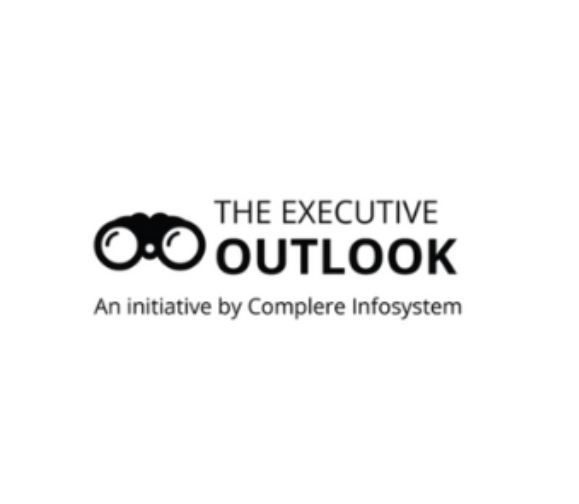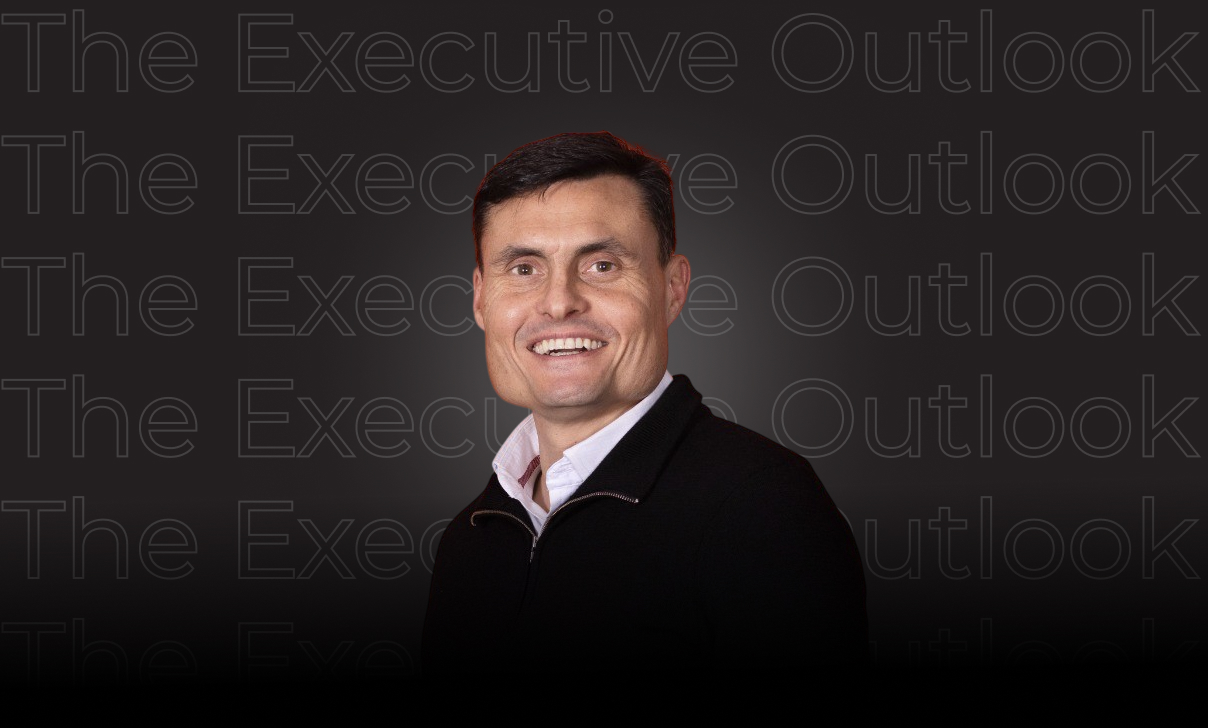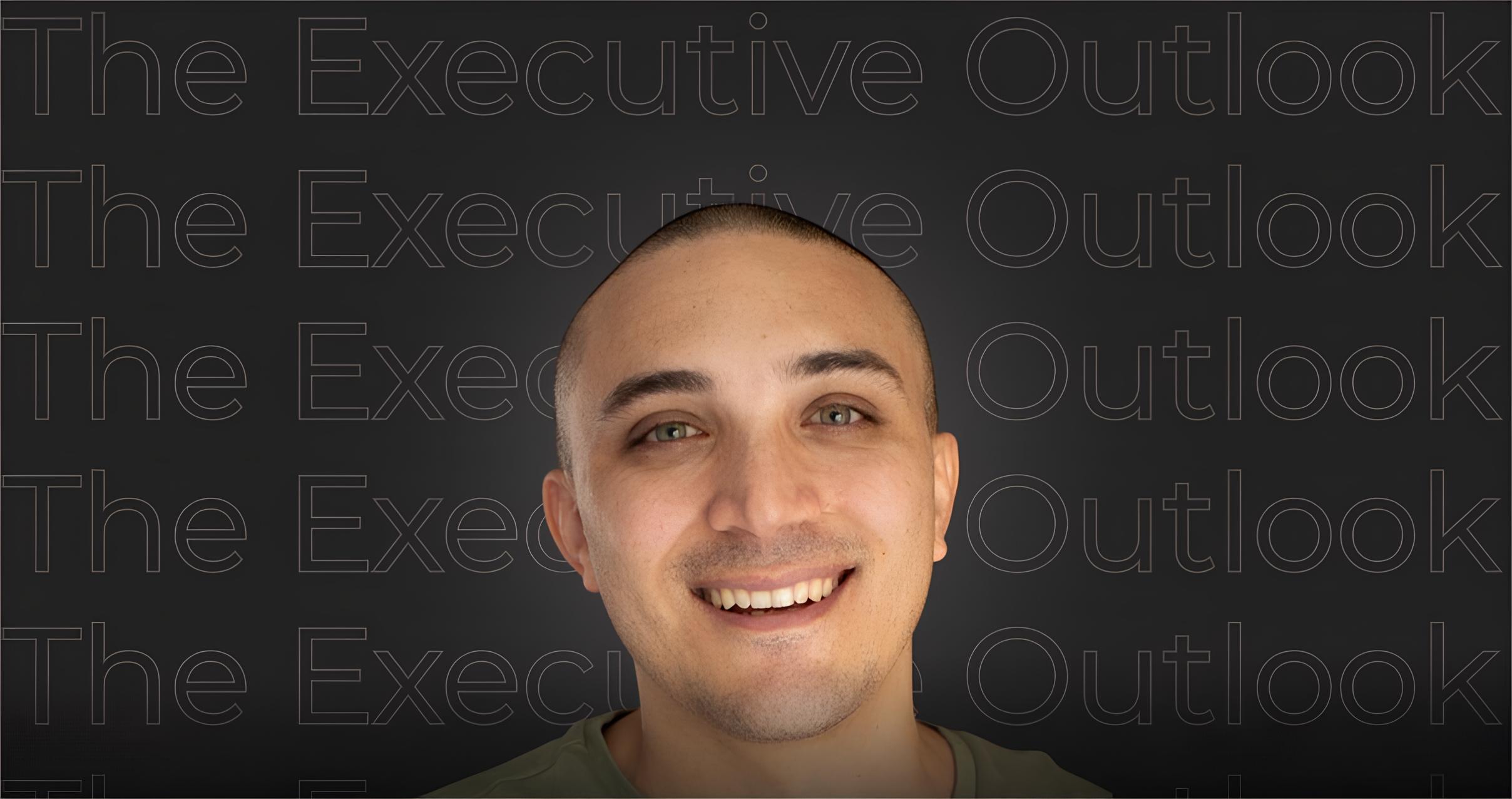In this edition of The Executive Outlook, we had the privilege of speaking with James Greaney, a data and AI leader whose career spans more than 25 years across clinical trials, marketing, advertising, and corporate transformation. Today, he serves as Chief Data Officer at Clemenger BBDO, known for blending technical depth with creative insight, James has been at the heart of a discipline that has evolved dramatically from the rigid world of medical statistics to the dynamic, fast-moving space of AI-driven business innovation.
Watch the full conversation on YouTube by clicking the link below:
Prefer to listen on the go? Tune in to the full podcast episode on Spotify below:
Editor Bio

I’m Isha Taneja, serving as the Editor-in-Chief at "The Executive Outlook." Here, I interview industry leaders to share their personal opinions and provide valuable insights to the industry. Additionally, I am the CEO of Complere Infosystem, where I work with data to help businesses make smart decisions. Based in India, I leverage the latest technology to transform complex data into simple and actionable insights, ensuring companies utilize their data effectively.
In my free time, I enjoy writing blog posts to share my knowledge, aiming to make complex topics easy to understand for everyone.





